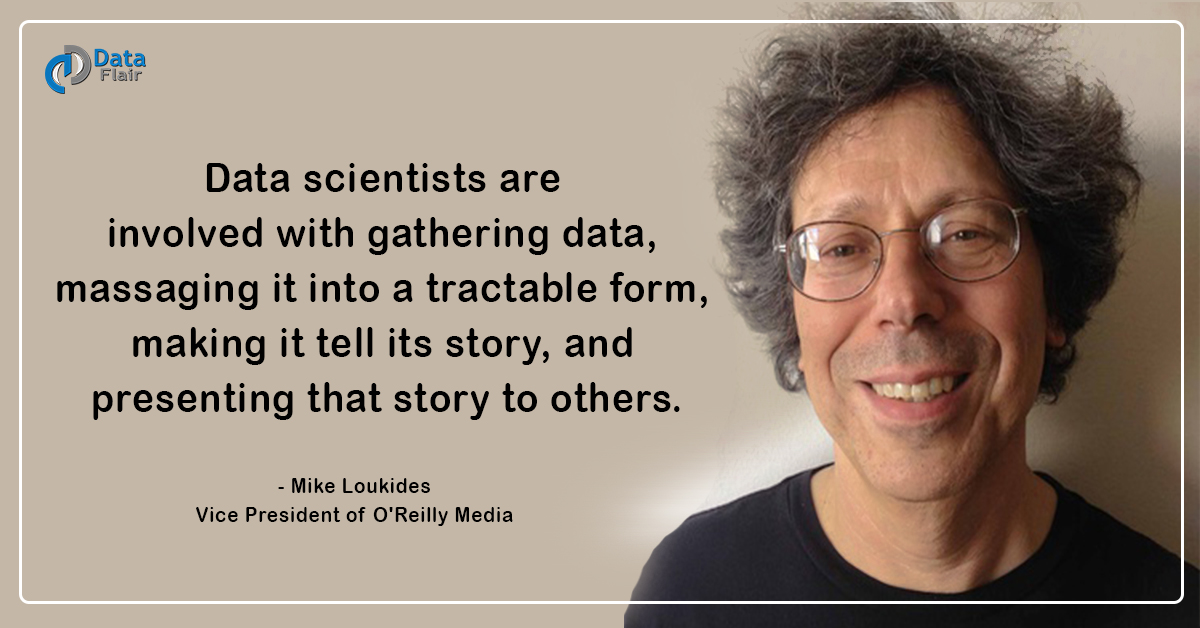

PubMed Truncation: truncation, or finding all terms that begin with a given string of text, is generally not a recommended search technique for PubMed as truncation bypasses Automatic Term Mapping and automatic explosion. Remember to re-tick the box when you come to search for a new concept and you wish to see what subject headings are available. If you receive an error message in Ovid that the search cannot be mapped to a subject heading (sometimes happens when using truncation) then simply untick the map box to subject heading before repeating the search. Once you have located a relevant subject heading or headings for the concept then you can start to type in your keywords for that concept using truncation.
#Scientific quotes database full#
In those databases which use Subject Headings it is recommended that you search initially for your term in full without using truncation because if truncation is used then the database may fail to suggest appropriate subject headings even if one or more exist.

In Web of Science the asterisk (*) represents any group of characters, including no character and can also be used within a word, e.g. s*food matches seafood and soyfood. A keyword search for therap * would retrieve any articles where the word therapy or therapies appeared, but would also retrieve articles which included the word therapeutic (likely to be relevant) and also therapist(s) (perhaps less likely to be relevant if you were initially wanting to search for therapies). This is excellent for searching for plurals without having to type out both the singular and plural in your search, but will find also find any other alternative endings (some of which may not be relevant to your topic).Ī keyword search for dentist* would retrieve any article which has the word dentist or dentists or dentistry somewhere in the title, abstract or other field. Truncation instructs the database that when you are searching for a free-text keyword search that it should search for the root of the word you have typed in and then retrieve any alternate endings. You may also see $ used as a truncation symbol in databases on the Ovid platform but please note that $ is used as a different command in other databases. The asterisk * is used by many databases - Scopus, Web of Science, all databases on the Ovid platform (Medline, Embase, PyscInfo etc), on the EBSCO platform (ERIC, CINAHL etc), on the NHS HDAS databases and the PROQUEST platform as a truncation command.


 0 kommentar(er)
0 kommentar(er)
